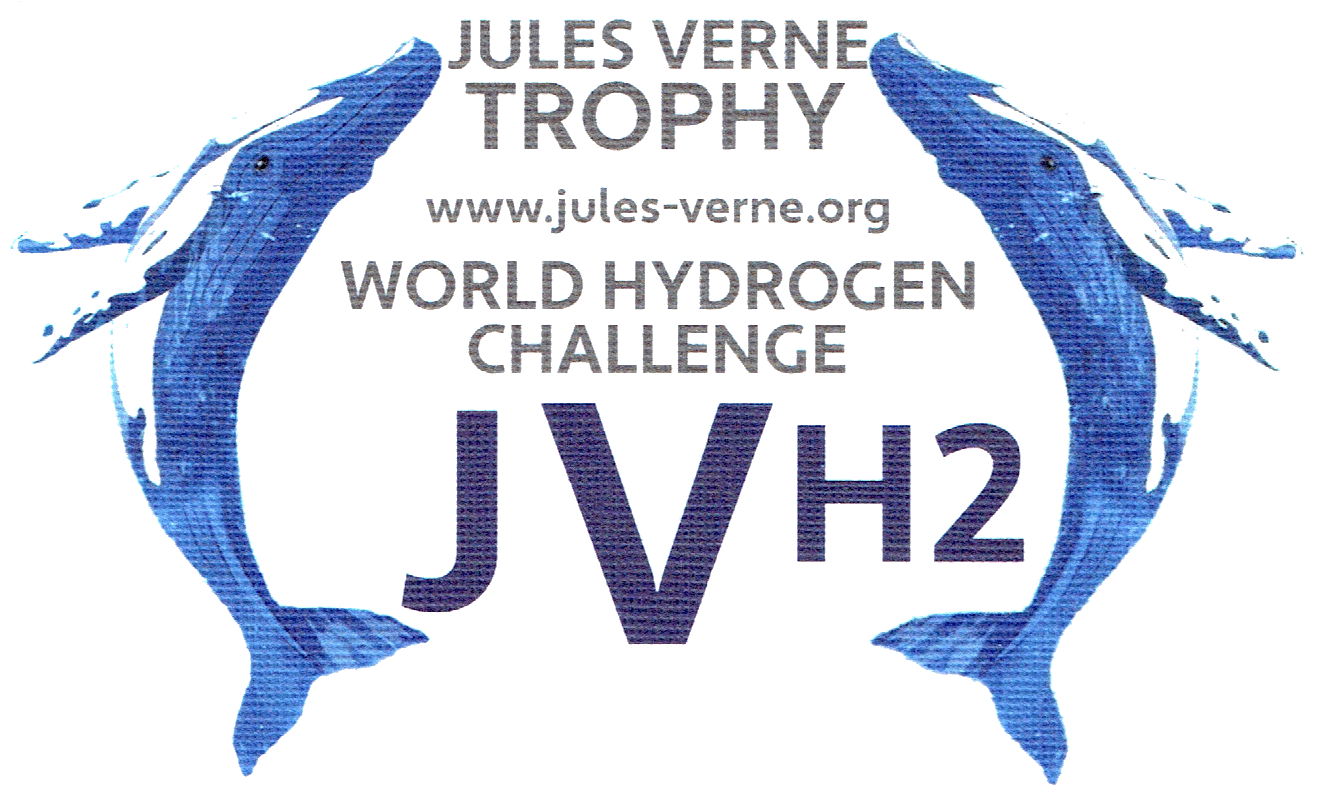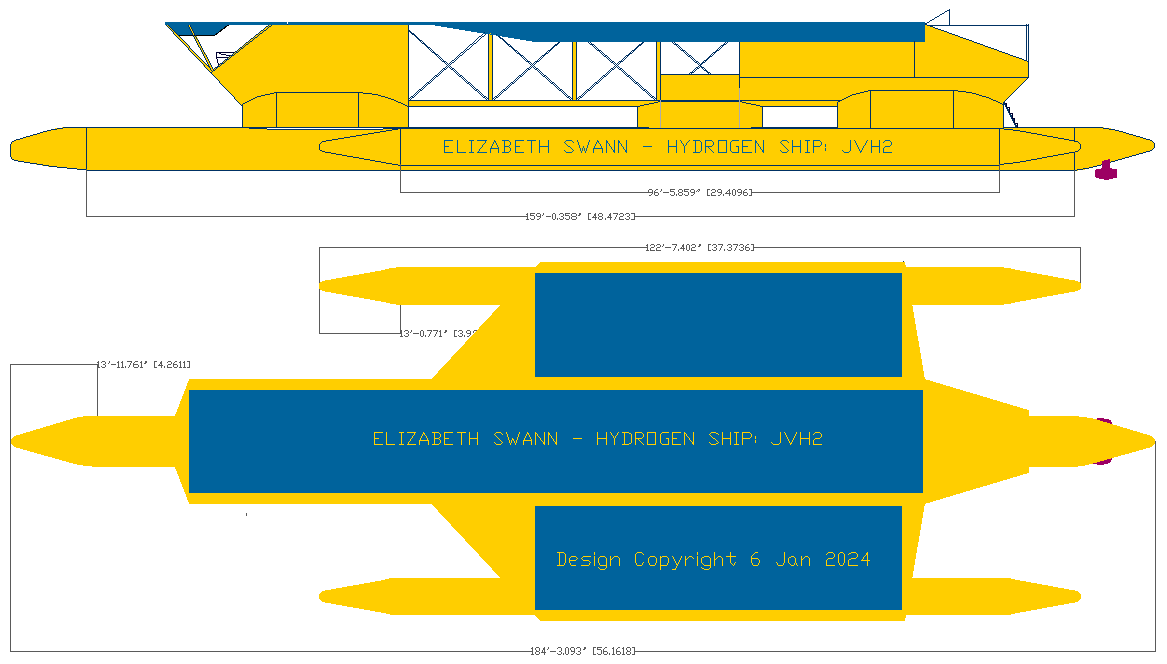|
ZERO CARBON WATERWAYS
Search our A - Z clean water navigator
|
||
|
|
||
|
"Freedom From Fossil Fuels"
We owe a debt of gratitude to the oil prospectors and the refining industry, for propelling technology develop to a stage, where we might now be able to wean ourselves off the black gold, that had the unfortunate effect of heating the planet past the 1.5 degrees target limit agreed as at the Paris COP 21 in 2015.
The dream of billions of souls around the world is the responsibly phased transition from fossil fuels, in the quest to cool our planet, and eliminate pollution in our rivers, seas and oceans. Phased, because hundreds of companies employ millions of people in the present energy supply business. We cannot allow those who helped us achieve so much, not to be adapt sustainably, and re-invest in clean tech.
Most physical pollution begins in our rivers with single use plastic disposal, the remaining atmospheric degradation coming from IC engines that power our land and waterborne transport. This need not be the case, the solution being to work together, for a smooth transition.
|
||
|
SUSSEX COAST, MARCH 2025 - Master Perrin takes us on a quick spin around the Sussex coast, close to the Foundation's workshop in Herstmonceux. We hope you will agree that this part of the country bordering the English Channel, is breathtakingly beautiful and worthy of preservation from inevitable desertification - is we do not act to contain our greed for uncontrolled growth, to feed unproductive administrations and their armies of civil servants and other cling-ons. We need to slim down the rampant pension bill and get the planet back on an even keel. Giving relief to honest farmers, builders, plumbers, electricians, shipbuilders and factory workers who produce the goods and services we need for life. But whom we tax mercilessly to pay the leaches in society who make or grown nothing, but mountains of paperwork to build their part.
THE CORN EXCHANGE, BRIGHTON DOME - Leo Perrin is the Youth Project Lead at the Cleaner Ocean Foundation. This is a video of a short presentation given on the 13th of June 2024 about the hydrogen powered Elizabeth Swann - a zero carbon trimaran around 44 meters in length. The alloy vessel is bristling with state of the art tech. This talk (only his second) was given at the launch of the 'Sussex Bay' re-wilding project, a brilliant initiative to conserve around 100 miles of Sussex coastline, supported by many authorities and like minded concerns. Please visit their website to learn more about this important work.
|
||
|
Here are some
ways to cut river and sea pollution from tourism and traditional fossil-fueled cruise ships:
- Responsible Waste Management: Implementing effective waste management systems at tourist destinations, including proper disposal of trash, recycling programs, and composting initiatives.
- Sustainable Transportation Options: Encouraging tourists to use eco-friendly transportation options like electric boats, bicycles, and public transport instead of private cars and gas-powered boats.
- Supporting Eco-Friendly Businesses: Promoting and patronizing businesses that prioritize sustainable practices, such as using biodegradable products, minimizing water usage, and treating wastewater effectively.
- Minimizing Littering: Implementing stricter regulations and enforcement against littering, coupled with public awareness campaigns to promote responsible waste disposal.
- Supporting Local Efforts: Contributing financially or volunteering with local organizations working to clean up waterways and protect marine ecosystems.
- Adoption of Alternative Fuels: Encouraging the adoption of alternative fuels for cruise ships, such as liquefied natural gas (LNG), biofuels, and hydrogen, with a long-term goal of transitioning to fully renewable energy sources.
- Onboard Waste Management: Implementing advanced onboard waste management systems that minimize waste generation, treat wastewater effectively, and prevent sewage dumping.
- Shoreside Power Connection: Investing in shoreside power connection infrastructure at ports to allow cruise ships to shut down their engines while docked, reducing air and noise pollution.
- Investment in Green Technologies: Encouraging cruise lines to invest in green technologies, such as energy-efficient engines, hull optimization for reduced drag, and waste heat recovery systems.
- Sustainable Shore Excursions: Offering shore excursions that minimize environmental impact and support local communities engaged in sustainable practices.
- International Collaboration: Encouraging international collaboration between governments, cruise lines, and environmental organizations to develop and implement effective policies and solutions.
- Consumer Pressure: Consumers can exert pressure on cruise lines and tourism operators by choosing sustainable options and voicing their concerns about environmental impact.
|
||
|
|
||
|
Clean water A - Z links page
This website is Copyright © 2025 Cleaner Ocean Foundation Ltd, an equal opportunities company. This website is carbon friendly, using less energy to load on average per page via simplicity & picture optimization. The same may not apply to third party links. The names: Elizabeth Swann™ Jules Verne™ are registered trademarks, all rights reserved.
The leaping humpback whales Trophy is Copyright © 2022, and may be awarded to third parties at events in connection with conservation projects - as protected by the Berne Convention in 181 countries throughout the world. The JVH2 Trophy is inspired in part by the Eiffel Tower & Statue of Liberty.
|


